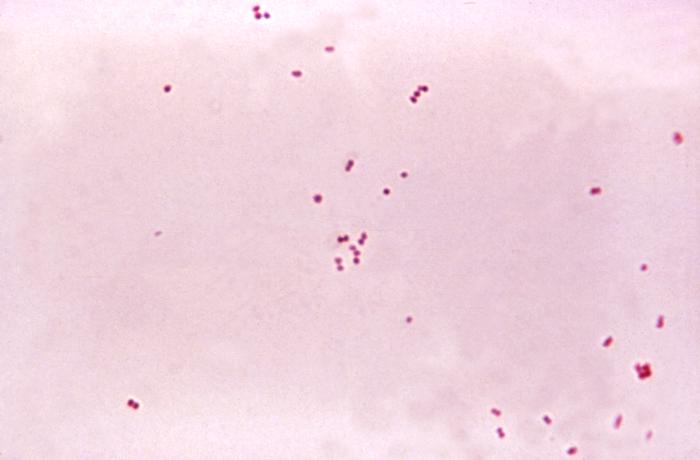Lauren Jones is the 4th meningococcemia case confirmed at Oregon
The speculation over the cause of death of University of Oregon (UO) freshman, Lauren Jones is over as the Lane County Health Department confirmed Friday the 18-year-old died from the serious bacterial infection.

Lauren Jones
Image/University of Oregon goducks.com
The Southwest Dekalb High School graduate is the fourth case of meningococcemia/meningococcal meningitis case at UO since the beginning of the year.
Earlier this week, the university had begun to offer meningitis type B vaccinations and antibiotic prophylaxis to its students. Lane County Public Health said Friday that they do not have Type B vaccinations at this time, as residents that do not attend the University of Oregon are at extremely low risk of contracting the illness.
A moment of silence was observed in Jones' memory prior to Oregon's home men's basketball game Wednesday, and again at PK Park for the baseball team's home opener. Another will be held Saturday before the top-ranked Ducks host the first-year program of Concordia.
Special shirts were made in Jones' memory, and the entire team will wear patches honoring her.
"They're suffering," said UO coach Chelsea Shaw, who noted that her entire team since received an antibiotic to guard against the bacteria that causes meningococcemia. "But they're strong. They've come together. They didn't just lose a teammate, they lost a sister, and that's been the hardest part."
Meningococcus is a type of bacteria. It can cause meningitis and other serious infections. Three subtypes - B, C, and Y - are responsible for most meningococcal disease in the United States. Type B has caused approximately 50% of the cases in Oregon.

Gram-negative Neisseria meningitidis diplococcal bacteria/CDC
Meningococcus bacteria live in the nose and throat of 5 to 10 percent of adults, but most people who have the meningococcus bacteria do not get sick from it. Meningococcal disease is rare, generally striking less than 1 person out of every 100,000 per year. It mostly affects adolescents and young adults, seldom causing illness after age 25.
LISTEN: Meningitis Angels and the 'Cost of measles'
Meningococcus spreads by coughing, sneezing, or close personal contact, such as sharing drinks or kissing. It is less contagious than the common cold or flu.
People with a fever along with severe headache, neck stiffness or rash should seek medical attention immediately. The disease can progress quickly but can be cured with antibiotics if they are given promptly.
In some cases, meningococcal disease causes brain damage, deafness, paralysis and loss of fingers, toes, or limbs. About 10 percent of the cases are fatal.
New vaccines that protect against type B meningococcus are now available. The University of Oregon Health Center has a limited supply of type B vaccine.
Related: Bexsero, meningitis B vaccine gets FDA approval
Meningitis B vaccine, Trumenba, receives FDA approval: 1st in the US